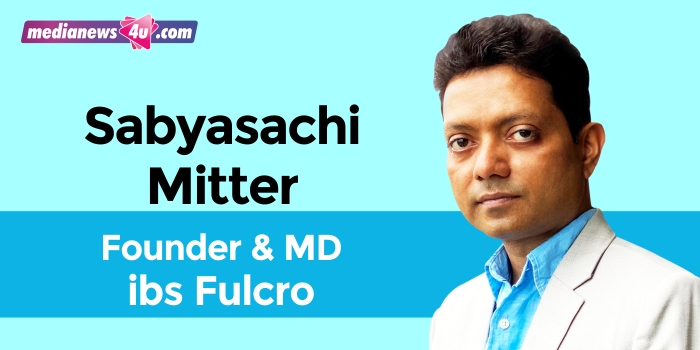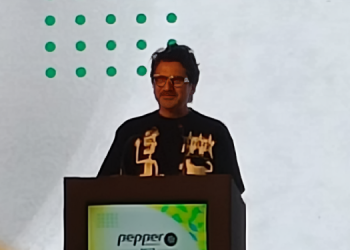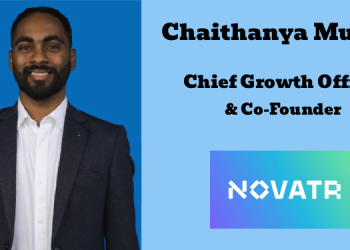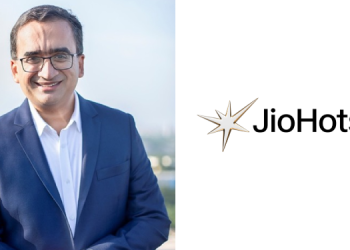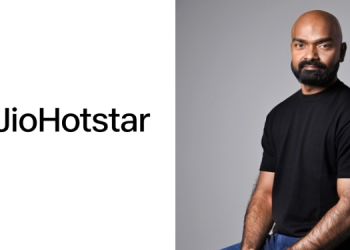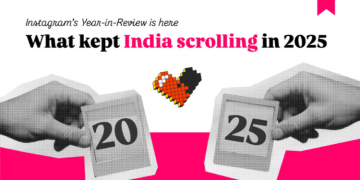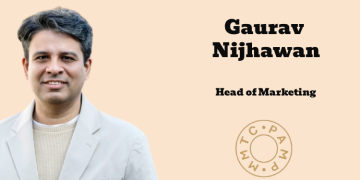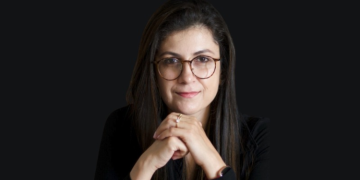Being on the jury of any award is a tough job. Not because judging work is a difficult job per se. But because being on the jury means one has to remove oneself from one’s beliefs, biases and prejudices, which often jury members find hard to do. Having judged work at numerous award shows over the last 10 years, here are some of my guiding principles, which I also share with fellow jurors whenever I have had the opportunity to be a Jury Chair.
We have come a long way in terms of improving processes followed and ensuring the rigour of judging. We even have auditors today to document and ensure due process. And yes, they are all welcome. Yet, like Generative AI that is all the rage, it is the basic inputs that impact outcomes, not the systems themselves.
For the duration of the judging, we need to only rely on our skills and assessment and never let personal opinion, likes or dislikes come in the way of judging. Easier said than done, but I have seen this to be one of the main issues many new jury members face.
We need to judge the work dispassionately and not the context or whether you believe it was right or wrong.
Category & Context
When we judge a piece of work in a category, we need to think in the context of the category and that needs to be paramount. We may often fall in love with a piece of work, but before assessing, we need to be clear in our head about the guardrails and constraints of the category within which we need to evaluate it. The same campaign entered in 10 categories may win Gold in one but not even garner a merit in another – that’s because the jury views the breakthrough claimed or achieved in the category context.
Every award has a purpose and stands for something. A clear understanding of the award show’s goals and objectives helps. A creative award is about the idea and execution, not the scale and results, whereas an effectiveness award is about the tangible results delivered and not necessarily how creative the work is. Depending on what we are judging, we need to change our judging hats. In the present reality, creative work wins effectiveness and technology awards, and you have categories like creative use of media / tech platforms. It can get a little overwhelming if we don’t stay true to the award’s reason for existence.
Speak Up
Some jury members tend to be more forthright, and I dare say even forceful, than others. Every jury member must speak his or her mind for the jury to collectively do its job right. Never be afraid to go against the general mood of fellow jurors when you have a strong, unbiased point of view. Jury members are humans and can get carried away but if there is something fundamentally amiss, one needs to dispassionately reason it out without making it an ego battle. A jury chair’s job can seem thankless in some situations, but if every view is heard and informs the jury’s decision, you can be satisfied with a job well done.
Spotting an entry that may not be authentic is no less a critical need and a jury member must be able to logically reason whether the piece of work is infeasible to start with. This especially applies to digital and technology where some claims look infeasible beyond doubt. Across categories, if there are murmurs of a piece of work that should oh-so-obviously not have gone up on the winner table, please take a look at who judged them. But don’t judge the ones who judged yet – we’re getting there.
The last one is a perennial point of discussion, because agencies that spend a lot of money entering awards have realised over the years that they also need to invest in the presentation. There is nothing wrong with that. But the jury needs to be able to look beyond the surface. We need to look at the substance and not the presentation of the submission. Too often, a dazzling case study presentation AV sways the jury. I do believe an entrant must make a proper AV presentation of the work. As a jury we need to sift through what’s being shown and arrive at the core of that piece of work before judging.
I am writing this from Goafest where I had the privilege of being a Jury Chair, but these are learnings from all awards I have judged over the years. Across shows, the choice of jury, transparency in its working and clarity of what one is judging makes a huge difference to the stature of the award. We get better as jurors, one award show at a time.
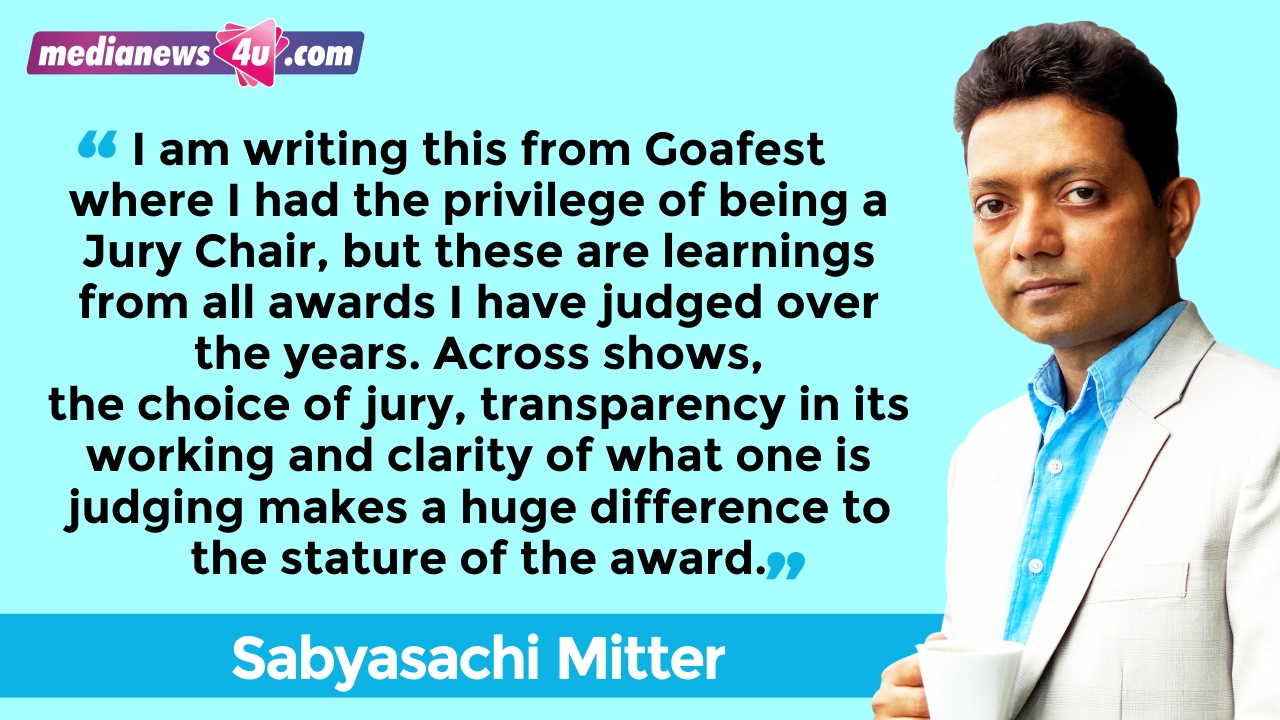
Here’s to another successful edition of the Abbys at Goafest. I look forward to many more, where the most deserving work wins.
(The author is Founder and MD, ibs Fulcro and served as the Jury Chair of the Technology Abby at the Abby One Show at Goafest 2023.)
(First published by The Free Press Journal BrandSutra. Content powered by MediaNews4u.com. Feedback: [email protected])

